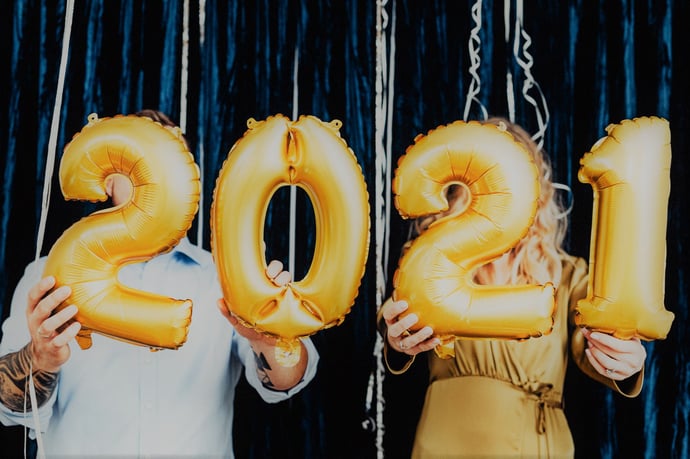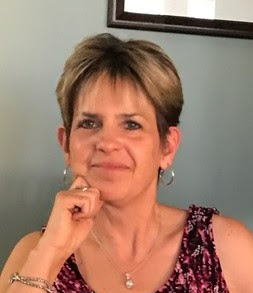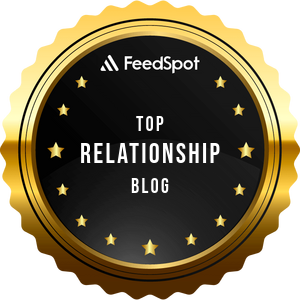
It's a New Year, and we are hopeful as we wait for our world to get back to normal. In 2020, the pandemic drastically changed our daily routines and isolated many of us from family, friends, co-workers, and more. So, we had to quickly learn new ways of coping and being in our lives. We might even feel a little uncomfortable with some of our choices made in 2020.
The good news is we are not alone. We may have learned new behaviors that weren't 100% healthy for our physical or mental health. But, we can take back control and make a change.
Can you relate to some of these pandemic addictions?
-
Did you begin to binge too much Netflix?
-
Did you spend too many hours playing video games?
-
Did you become more sedentary and stop exercising daily?
-
Did you eat more junk food vs. healthy and balanced meals?
-
Or, did you begin to have a daily cocktail or a glass of wine?
Everyone gets addicted to a substance or behavior at some time in their lives. With our daily lives before the pandemic, we already had temptations with email, social media, online shopping, texting, etc. Plus, all the usual ones like alcohol, cigarettes, chocolate/sugar, work, gambling, TV, and spending.
It can be challenging to break free from any addiction.
But, we can take back control with these 12 Tips!

Tip #1 - Once you have made a true decision, make a concrete plan.
Tip #2 - Make a specific goal.
-
What goal are you hoping to achieve?
-
Why do you want to accomplish your goal?
Tip #3 - Be specific on how you are going to achieve your goal.
-
Are you going to go "Cold Turkey" or gradually?
-
Are you going to get the family on board or go it alone?
Tip #4 - Create activities you can turn to when you need a distraction. Such as:
-
Exercise
-
Cooking
-
Reading
-
Music
-
Painting
-
Chewing gum, etc.
Tip #5 - Think of NEW things you can do that are interesting, healthy, and fulfilling.

Tip #6 - Make Changes as a Household. Such as:
-
After work, we all put our screens away for 2 hours.
-
Or, after dinner, we will all take a walk together.
Tip #7 - Keep a log of your progress so you can look back when you need a boost. Ask yourself these questions:
-
How do I feel today?
-
What do I notice has changed for better or worse?
-
What am I telling myself in my weak moments?
-
What am I telling myself in my stronger moments?
Tip #8 - Practice your mindfulness and relaxation techniques.
- Make an effort to breathe deeply from your diaphragm.
Tip #9 - You may be tempted to sneak your "light" addiction. Try to resist.
-
When you sneak, it only hurts you and your progress.
-
On some level, you'll feel bad about yourself.
-
You'll have complex emotions if you are keeping secrets from the ones you love.
Tip #10 - Keep the substance out of reach.
- If you do not want to eat ice cream, then don't have it in the freezer.
Tip #11 - Remind yourself why you are stopping and include the goals and potential benefits. Such as:
-
Better health
-
More energy
-
More quality time with the kids
-
More money to spend on fun things

Tip #12 - Treat yourself as you would your best friend.
-
Talk like you would to your friend and say the following:
-
"I know this is tough, but we are just starting. It will feel easier in a few days."
-
"Just hang in. You are doing great."
The Covid-19 Pandemic of 2020 has been challenging for us all, and we've coped as best we knew how. As we move into 2021, we can reflect on some of those choices we made and move toward choices that lift us up and empower our physical and mental health.
If you're struggling with addictions, we're here to help. Check out our Imago Relationship workshops and therapy. We have online therapy and workshops too!
Discover more about Imago with our Imago Professional Membership, Imago Professional Facilitators, Imago Professional Training and Imago Insights Education.
 This blog post was written by Stacy Bremner, MA, RP, Registered Psychotherapist.
This blog post was written by Stacy Bremner, MA, RP, Registered Psychotherapist.
Stacy Bremner is in private practice in North Bay, Ontario, Canada. She holds a Specialized Honours B.A. in Psychology and an M.A. in Human Development. She is a Registered Psychotherapist (RP) with the CRPO (the College of Registered Psychotherapists of Ontario), as well as a member in good standing with the OAMHP. Stacy is also a Certified Imago Relationship Therapist with Advanced Clinician status and a Certified Imago Workshop Presenter.
For two decades, she has assisted individuals, couples, and groups. She has taught a variety of workshops on topics such as relationships, communication, sexuality, healing, self-awareness, creativity, and self-help. Stacy has a background in Cognitive Behaviour Therapy (CBT), Meditation and Mindfulness, Psychodramatic Bodywork, Conscious Core Transformation (CCT), The DNMS, Discernment Counselling, and PACT. She also continues to study and teach in the area of Couplehood and sexuality.
Even before she became a Psychotherapist, Stacy was a spiritual seeker and passionate about her own healing journey. Areas of study for Stacy include Kabbalah, Buddhism, and ACIM (A Course in Miracles). Because she is so passionate about her work, she cannot resist the desire to upgrade her skills in an ongoing way through reading, attending workshops, and teaching. Stacy feels that all these efforts contribute to her growth as a well-rounded person, a therapist, and a spiritual being.
Check out Stacy's website: www.ameetingofminds.ca



